TIGI 50mg Injection
$245.59 Original price was: $245.59.$139.49Current price is: $139.49.
- TIGI 50mg Injection contains Tigecycline, a broad-spectrum antibiotic used to treat severe bacterial infections, including complicated skin and soft tissue infections, intra-abdominal infections, and community-acquired pneumonia.
- It works by inhibiting bacterial protein synthesis, effectively stopping the growth and spread of bacteria.
- TIGI is administered via injection under medical supervision, usually in a hospital setting.
- Use it as prescribed by your doctor and complete the full course of treatment to prevent the development of antibiotic resistance.

NHS AFFILIATED DOCTORS

FDA APPROVED PHARMACY

AFFORDABLE PRICE GURANTEE

FAST & TRUSTED DELIVERY
What is TIGI 50mg Injection?
TIGI 50mg Infusion contains Tigecycline, a wide range anti-toxin from the glycylcycline class. It is used to treat severe bacterial infections caused by susceptible microorganisms.
Common Uses:
- Complicated intra-abdominal infections (cIAI).
- Complicated skin and soft tissue infections (cSSTI).
- Community-acquired bacterial pneumonia (CABP).
- Infections caused by multi-drug-resistant bacteria, including certain strains of MRSA (Methicillin-resistant Staphylococcus aureus) and VRE (Vancomycin-resistant Enterococci).
What are the Benefits of Using TIGI 50mg Injection?
- Broad-Spectrum Activity:
- Successful against an extensive variety of Gram-positive, Gram-negative, anaerobic, and abnormal microbes.
- Treatment of Resistant Infections:
- Especially useful for infections caused by multi-drug-resistant pathogens.
- Hospital-Based Use:
- Suitable for critically ill patients with severe infections requiring intravenous antibiotic therapy.
- Fewer Drug Interactions:
- Tigecycline has minimal interactions with other medications, making it suitable for patients with complex conditions.
How to Use TIGI 50mg Injection?
- Dosage:
- The usual starting dose is 100mg intravenously, followed by 50mg every 12 hours.
- Treatment duration varies from 5 to 14 days, depending on the infection type and severity.
- Administration:
- Given as an intravenous infusion over 30 to 60 minutes by a healthcare professional.
- Ensure the injection is prepared and administered under sterile conditions.
- Storage:
- Store in a refrigerator (2°C–8°C). Reconstituted solution should be used within the specified time as per the healthcare provider’s guidelines.
Strengths and Substitutes for TIGI 50mg Injection
Strengths:
- TIGI 50mg Injection: Standard dose.
Substitutes:
If TIGI 50mg is unavailable, consider other Tigecycline-based formulations, such as:
- Tygacil Injection (Tigecycline)
- Tigecycline Cipla Injection
- Ticocin Injection
What are the Side Effects of TIGI 50mg Injection?
- Common Side Effects:
- Nausea and vomiting.
- Diarrhea.
- Abdominal pain.
- Less Common Side Effects:
- Injection site reactions (pain, redness).
- Headache or dizziness.
- Rash or itching.
- Serious but Rare Side Effects:
- Severe allergic reactions: Swelling, difficulty breathing, or rash.
- Pancreatitis: Severe abdominal pain, nausea, or vomiting.
- Liver brokenness: Yellowing of the skin or eyes, dull pee.
- Clostridium difficile-associated diarrhea (CDAD): Severe, watery, or bloody diarrhea.
Contact your doctor immediately if you experience any severe or unusual symptoms.
Safety Advice for TIGI 50mg Injection
- Pregnancy and Breastfeeding:
- Not recommended during pregnancy unless necessary. May harm the fetus.
- Use during breastfeeding only if benefits outweigh risks.
- Liver or kidney disease:
- Dose adjustments may be needed for patients with liver dysfunction.
- Driving and Machinery:
- May cause dizziness or fatigue; avoid activities requiring alertness until you know how it affects you.
- Avoid Overuse:
- Overuse or misuse may lead to antibiotic resistance.
- Drug Interactions:
- Inform your doctor about all medications you’re taking. Tigecycline has minimal drug interactions but may interact with blood thinners like warfarin.
- Allergies:
- Inform your doctor if you are allergic to tetracycline antibiotics or similar drugs.
FAQs
1. What types of bacteria does TIGI 50mg Injection treat?
- Tigecycline is effective against a broad range of bacteria, including MRSA, VRE, and certain Gram-negative organisms resistant to conventional antibiotics.
2. How long does it take to see improvement?
- Improvement usually occurs within a few days, but the full course must be completed to ensure complete eradication of the infection.
3. Can TIGI 50mg Injection treat urinary tract infections (UTIs)?
- Tigecycline is generally not recommended for UTIs as it achieves low concentrations in urine.
4. Is TIGI 50mg Injection safe for children?
- Safety in children under 18 years has not been established. Use in pediatric patients is not recommended unless necessary.
5. Can TIGI 50mg Injection cause antibiotic resistance?
- Like all antibiotics, misuse or incomplete courses of TIGI can contribute to resistance. Always follow your doctor’s instructions.
6. What should I do if I experience severe diarrhea during treatment?
- Severe diarrhea may indicate Clostridium difficile infection. Contact your doctor immediately.
7. How is TIGI different from other antibiotics?
- Tigecycline is structurally related to tetracyclines but works against bacteria resistant to tetracyclines, penicillins, and cephalosporins.
8. Can TIGI be used in combination with other antibiotics?
- Yes, it can be combined with other antibiotics for polymicrobial infections. Always consult your doctor for the appropriate regimen.
9. What happens if treatment is stopped prematurely?
- Stopping treatment early may lead to incomplete eradication of the infection and promote resistance.
10 reviews for TIGI 50mg Injection
Add a review Cancel reply
Related products
Uncategorized
Uncategorized
Uncategorized
Uncategorized
Uncategorized
Uncategorized
Uncategorized
Uncategorized


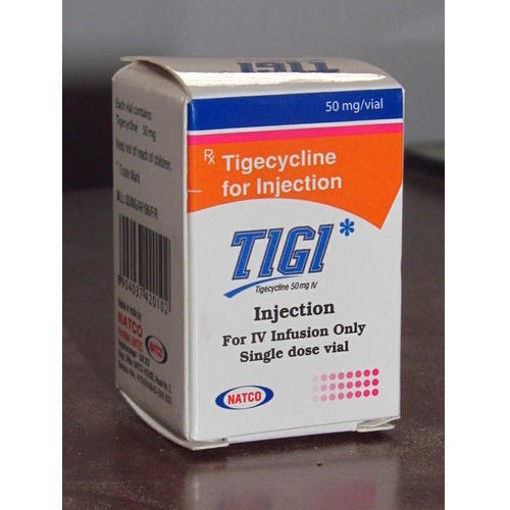
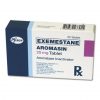
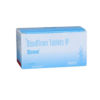
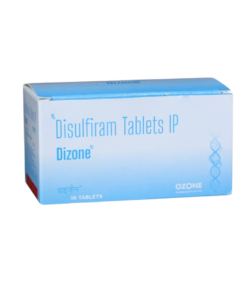
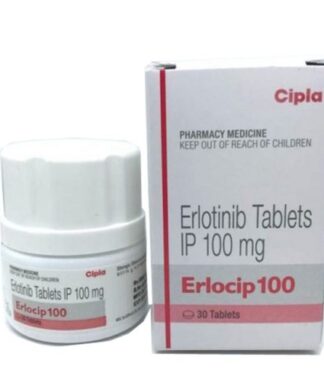
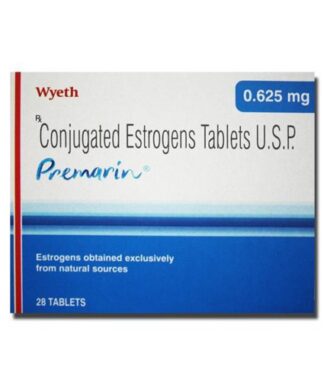
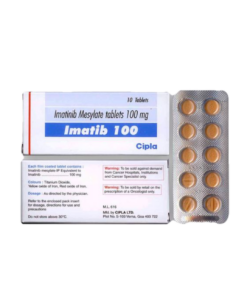
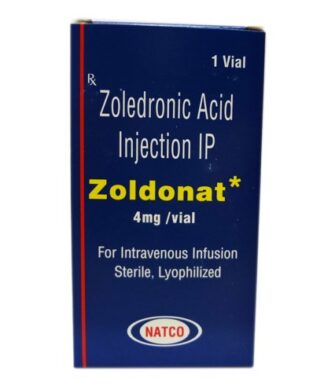
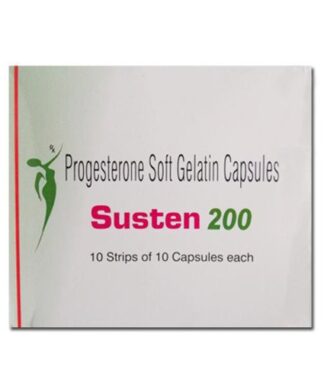
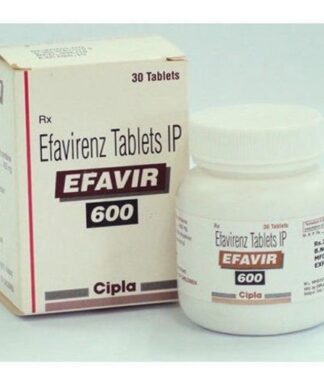
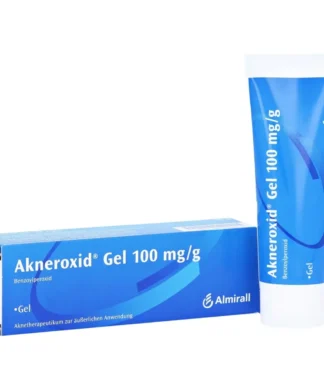
Isaac –
The product is firmly packed.
Angel –
Good service.
Dominic –
Good quality.
Nolan –
The product is firmly packed.
Kayden –
Great service by Aryucare , products and packing is good, shipping is fast
David –
The product is firmly packed.
Mason –
Good service.
Aadarsh –
The product is firmly packed.
Henry –
Great service by Aryucare , products and packing is good, shipping is fast
William –
The product is firmly packed.